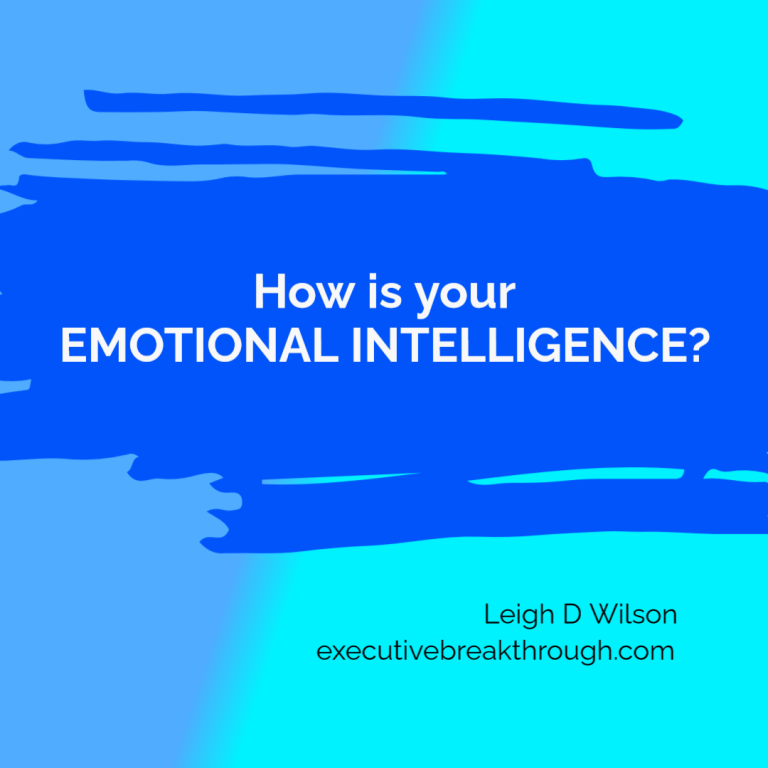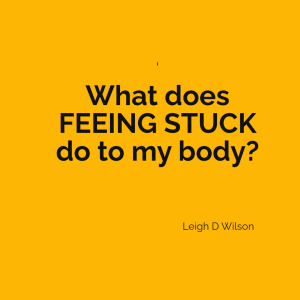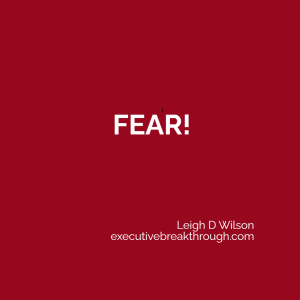As a high-achieving professional, you understand the critical importance of skills like logical reasoning and technical know-how, especially in fields like engineering. These are the cornerstones of problem-solving and innovation.
Yet, there’s another skill just as vital, yet not as visibly celebrated: emotional intelligence (EI).
Developing emotional intelligence is not just an asset; it’s a fundamental aspect of achieving a balanced, fulfilling career and life.
Emotional intelligence is the ability to perceive, evaluate, and respond to your own emotions and the emotions of others. It’s what helps you navigate social complexities, lead effectively, and create positive relationships.
In the demanding world of engineering and other high-tech professions, it might seem secondary to technical skills. However, the reality is far from it. High EI is linked to better job performance, leadership abilities, and personal well-being.
Typically, individuals attracted to engineering and similar fields are trained to prioritize logic and efficiency. The rigorous nature of these professions often leaves little room for emotional contemplation.
In fact, the culture in many technical fields can unintentionally suppress emotional expression and understanding. This doesn’t mean engineers and similar professionals lack emotional depth or capability; rather, the development of these skills hasn’t been as nurtured or valued in their professional journey as their technical skills.
Embracing emotional intelligence is transformative, particularly for those in fields not known for it.
For engineers and high-income professionals, developing EI can mean improved team collaboration, more effective leadership, and enhanced problem-solving capabilities. It brings a human touch to the precision of engineering, allowing for more innovative, empathetic solutions and approaches.
Understanding not just the how, but the why, behind people’s actions and reactions leads to a richer, more successful professional life.
Here’s the intriguing part: developing EI can set you apart in a field saturated with similar technical skills. It’s a competitive edge that can make you a more desirable leader, collaborator, and innovator. It’s about creating a well-rounded persona that thrives in both the methodical world of engineering and the nuanced world of human interaction.
So, how do you cultivate this skill?
Start with self-awareness. Reflect on your own emotional responses and practice recognizing the emotions of those around you. Cultivate empathy by considering things from others’ perspectives. Improve your emotional regulation and learn how to effectively express your feelings in a professional context. Seek feedback and be open to it. Remember, developing EI is a continuous journey, not a one-time achievement.
So, while the analytical skills honed through engineering are invaluable, integrating emotional intelligence into your professional repertoire is transformative.
It’s about complementing your technical expertise with the ability to understand, empathize, and effectively interact with others. For the innovative engineer or high-level professional, it’s not just an added bonus; it’s an essential component of sustained success and leadership.
So, embark on this journey of emotional growth and watch as it revolutionarily enhances every facet of your professional and personal life.
If you would like to find out more about how I might be able to help you develop your emotional intelligence, book an Introductory Chat with me over Zoom by clicking on the link below.
#feelingstuck #selfdoubt #worry #stress #anxiety #selfconfidence #overwhelm #procrastination #burnout











